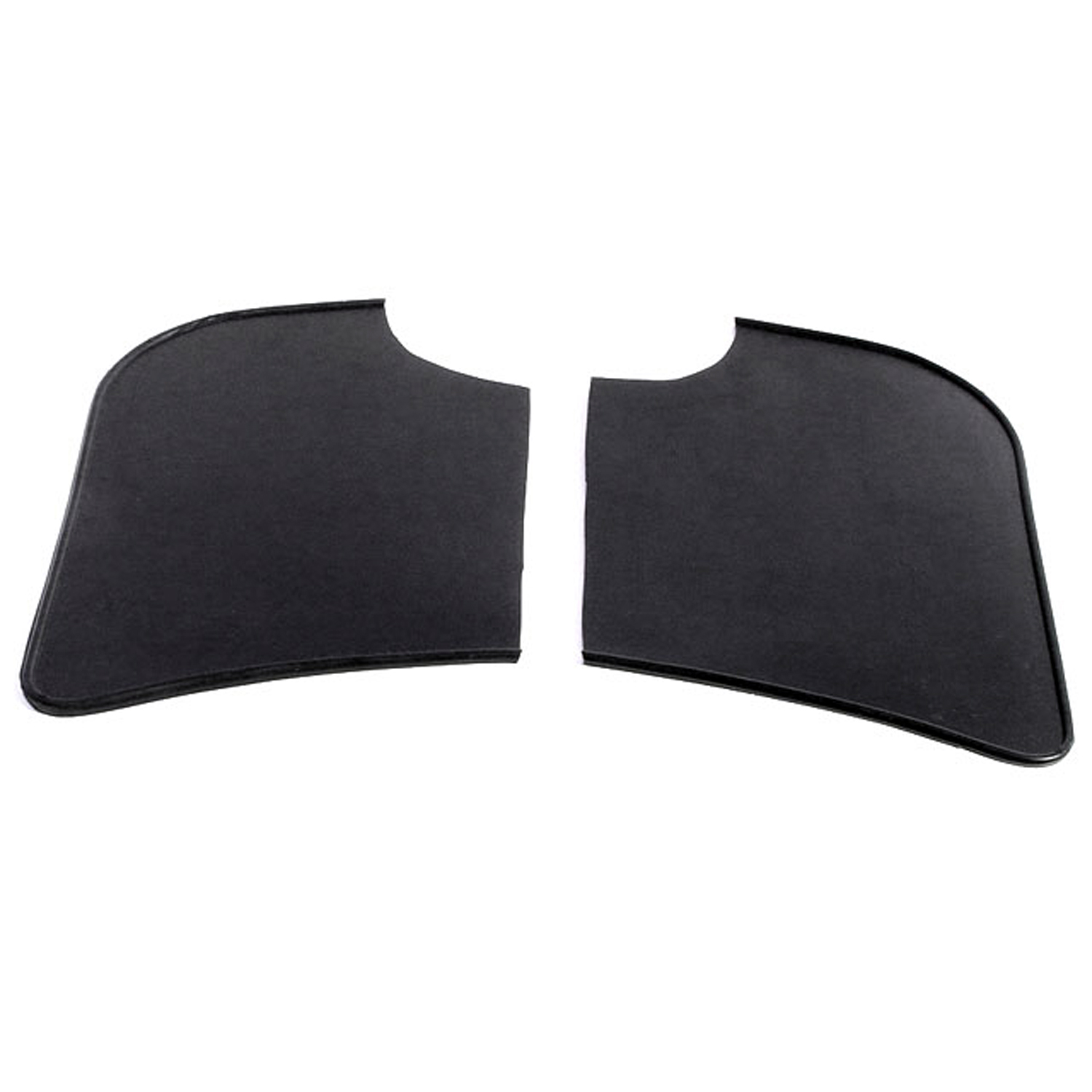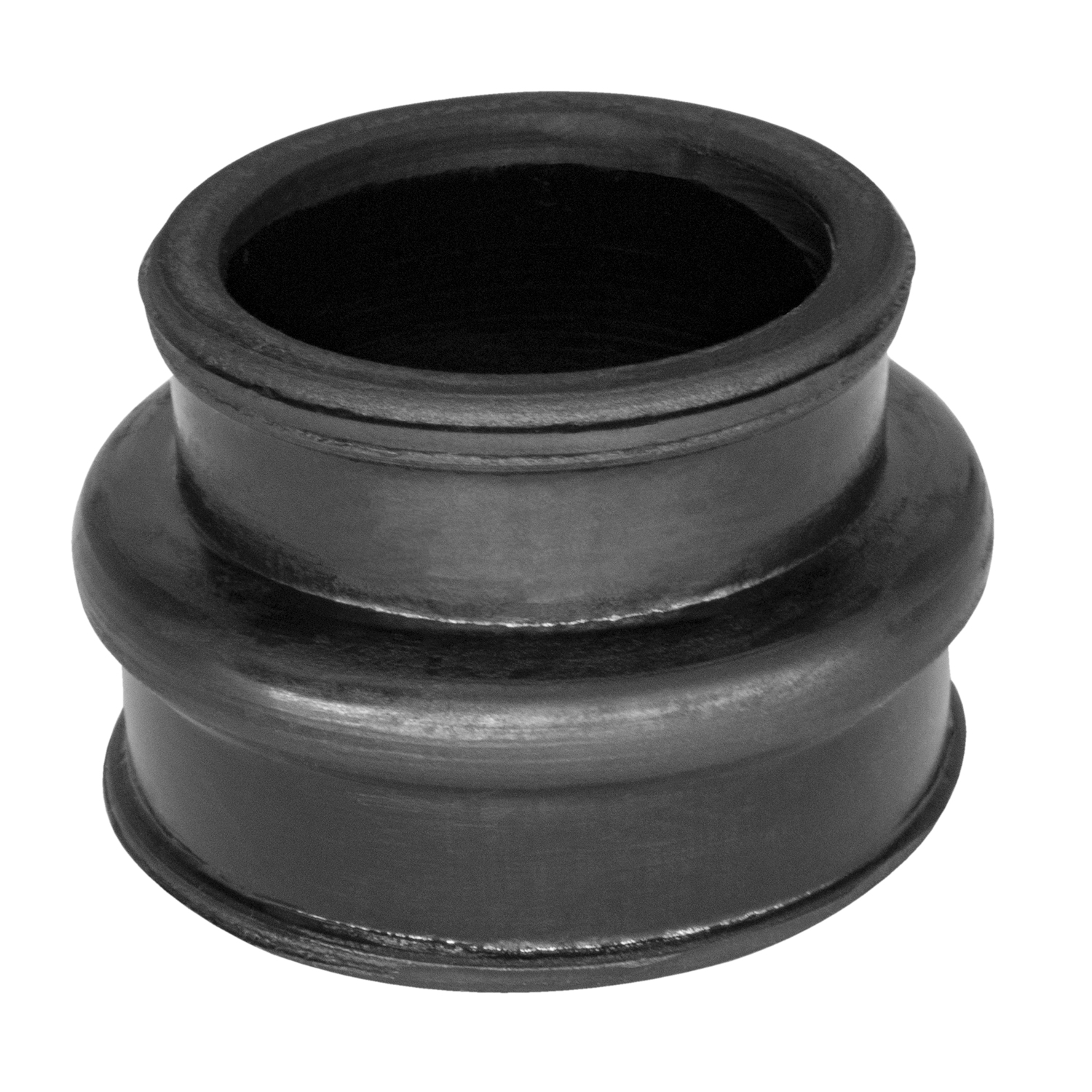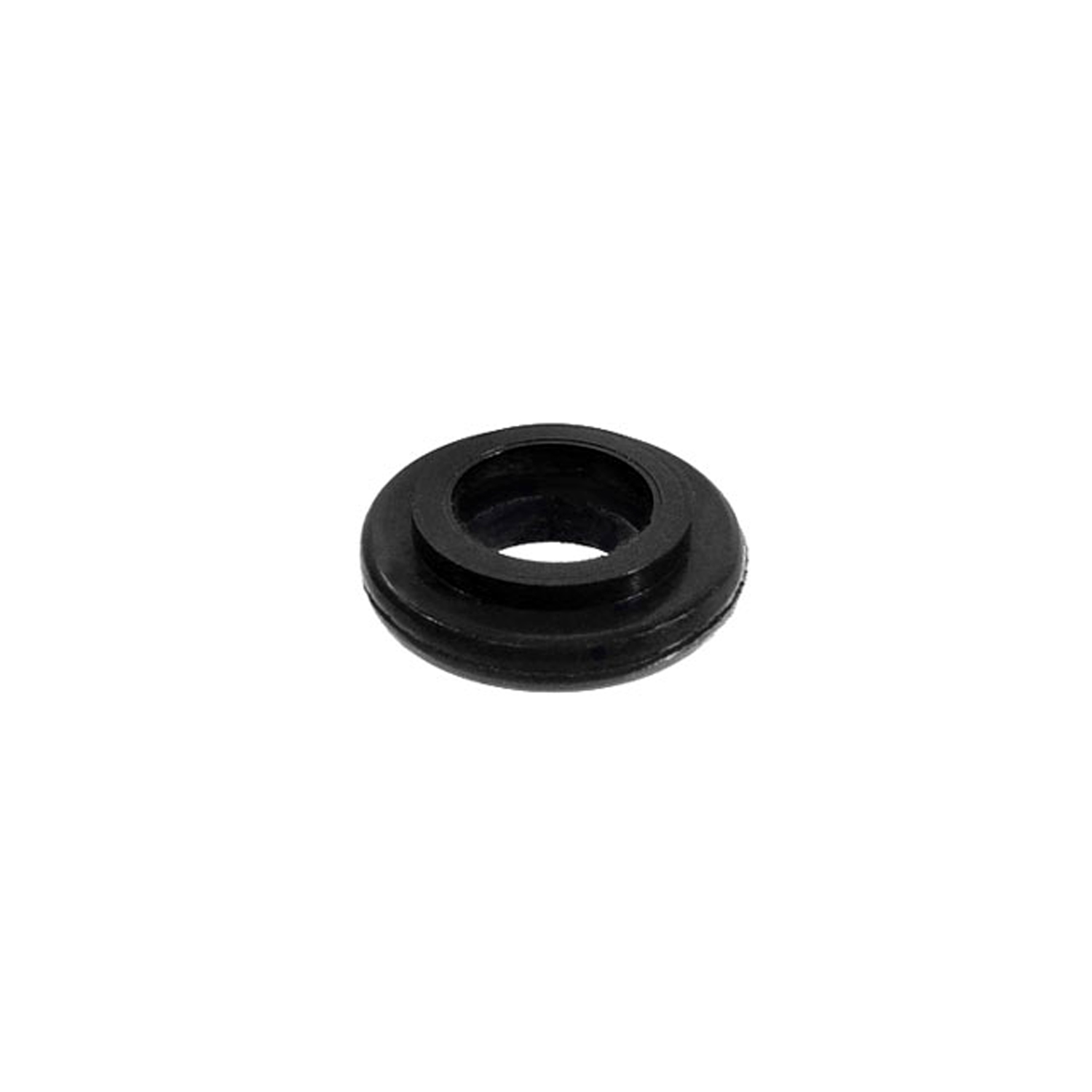Image of 1972 Volkswagen Type 2, Note: These illustrations use artistic license and may differ from actual historical models.
Performance Metrics
Fundamental Metrics
Emotional Appeal
MMP Rating
| Engine Specifications | |
|---|---|
| Engine: | Air-cooled, rear-mounted, flat-four engine |
| Displacement: | 1.6L |
| Horsepower: | 60 hp |
| Torque: | 81 lb-ft |
| Compression Ratio: | 7.5:1 |
| Ignition System: | Distributor ignition |
| Cooling System: | Air-cooled |
| Performance Specifications | |
| 0-60 Time: | 20 seconds |
| 1/4 Mile Time: | 23 seconds |
| Top Speed: | 75 mph |
| Transmission and Drive | |
| Drive Type: | Rear-wheel drive |
| Transmission Type: | 4-speed manual |
| Fuel and Efficiency | |
| Fuel System Type: | Carburetor |
| MPG: | 17-20 mpg |
| Dimensions and Brakes | |
| Brakes: | Front disc brakes, rear drum brakes |
| Wheelbase: | 94.5 inches |
| Weight: | 3000 lbs |
Note: Specifications for classic cars are given to the best of our ability, considering the limited and variant data available.
1972 Volkswagen Type 2: A Journey Through Time
The 1972 Volkswagen Type 2 is not merely a vehicle; it's a cultural icon that encapsulates the spirit of an era. Born from the innovative minds at Volkswagen, this classic bus symbolizes freedom, adventure, and simplicity. Its distinctive shape and functionality have cemented its place in automotive history, making it a beloved fixture on roads around the world.
As the successor to the original VW Bus, the 1972 model year marked a significant evolution in design and capability. Known for its versatility, it served as a canvas for both families seeking road-trip adventures and businesses requiring utilitarian transport. A notable moment in its history was when it became synonymous with the counterculture movement of the 1960s and 70s, often painted with vibrant colors and peace symbols.
Design and Innovation
The exterior of the 1972 Volkswagen Type 2 is instantly recognizable with its rounded edges, split windshield (on earlier models), and large VW emblem proudly displayed on its front. Its boxy shape was more than just a design choice; it maximized interior space, making it incredibly practical. Inside, drivers were greeted with a straightforward dashboard and a commanding view of the road. The materials used were durable and simple, reflecting the vehicle's utilitarian roots.
For its time, the Type 2 featured innovative solutions such as rear air-cooled engines and independent rear suspension. Color options ranged from muted earth tones to bright hues that reflected the era's taste. The most iconic body style was undoubtedly the Microbus with windows all around, offering panoramic views for passengers.
Historical Significance
The Volkswagen Type 2's impact on automotive design is undeniable. It pioneered the concept of a compact yet spacious vehicle that could serve multiple purposes. Its design broke away from traditional American cars of its time, which were often large and fuel-inefficient. The Type 2's lasting influence can be seen in various modern vehicles designed for maximum interior space within a compact footprint.
Performance and Handling
The performance of the 1972 Volkswagen Type 2 was modest by today's standards, with top speeds hovering around 65 mph and leisurely acceleration times. However, what it lacked in speed it made up for in charm. The handling was nimble for a vehicle of its size, capable of navigating winding roads with ease. The driving experience was unique—the sound of the air-cooled engine humming behind you created an unmistakable ambiance that many enthusiasts still cherish today.
Ownership Experience
The VW Bus was often used as a daily driver or weekend getaway car due to its reliability and roominess. Maintenance is relatively straightforward for those familiar with air-cooled engines, making it an accessible classic car for enthusiasts to own and operate.
Fun Facts
The 1972 Volkswagen Type 2 has been owned by celebrities, featured in countless films, and even used as a pop-up camper that could house an entire family on the go. It has been part of numerous historical events as both transportation and a symbol of peace.
Collector's Information
Today, collectors seek out well-preserved or expertly restored examples of the '72 VW Bus. While exact production numbers are hard to pin down, it's estimated that hundreds of thousands were produced during this era. Values can range significantly based on condition but expect to see figures anywhere from $15,000 to over $100,000 for pristine models or those with unique provenance.
Conclusion
The 1972 Volkswagen Type 2 is more than just a means of transportation; it's a vessel that carries stories of past adventures and dreams of those yet to come. Its enduring appeal among collectors and enthusiasts alike ensures that this classic bus will continue to be celebrated for generations.
1972 Volkswagen Type 2 Catalog of Parts
 1972 Volkswagen TYPE 2 Gravel Shields. Molded flat without metal backing plates-FS 40Gravel Shields. Molded flat without metal backing plates. Apply with contact cement. 7-5/8" long X 5-5/8" wide at top. Pair
1972 Volkswagen TYPE 2 Gravel Shields. Molded flat without metal backing plates-FS 40Gravel Shields. Molded flat without metal backing plates. Apply with contact cement. 7-5/8" long X 5-5/8" wide at top. Pair 1972 Volkswagen TYPE 2 Intake Manifold Boots. Made of rubber. 1-3/8" I.D., 2" O.D-RP 300-BIntake Manifold Boots. Made of rubber. 1-3/8" I.D., 2" O.D. X 1-1/2" high. Pair
1972 Volkswagen TYPE 2 Intake Manifold Boots. Made of rubber. 1-3/8" I.D., 2" O.D-RP 300-BIntake Manifold Boots. Made of rubber. 1-3/8" I.D., 2" O.D. X 1-1/2" high. Pair 1972 Volkswagen TYPE 2 Oil Cooler Seal. 7/16" I.D., 7/8" O.D. Each-RP 8-BOil Cooler Seal. 7/16" I.D., 7/8" O.D. Each
1972 Volkswagen TYPE 2 Oil Cooler Seal. 7/16" I.D., 7/8" O.D. Each-RP 8-BOil Cooler Seal. 7/16" I.D., 7/8" O.D. EachWhy Choose Metro?
For over 100 years, Metro Moulded Parts has been the pinnacle of quality in classic car restoration parts. Our commitment to precision and authenticity in every component ensures a perfect fit and an OEM-level appearance.
- Expert Craftsmanship & Quality: Each part is a testament to our dedication to reliability and perfection, crafted from original designs and thoroughly tested.
- Advanced Technology: We use cutting-edge techniques to create flawless, long-lasting parts that surpass others in performance.
- SuperSoft Sponge – The Ultimate Door Seal: Not only are our door seals 30% softer than competitors', but they're also guaranteed to never leak. They effectively reduce wind and road noise, enhancing your classic car's comfort and driving experience.
- Proudly American: Our parts are a product of American craftsmanship, made in the USA with a spirit of excellence and heritage.
- Unrivaled Warranty: We back our products with a 30-year industry-leading warranty, a testament to our confidence in their quality.
Join us in preserving the legacy of classic cars with parts that are crafted for perfection, not just made.

